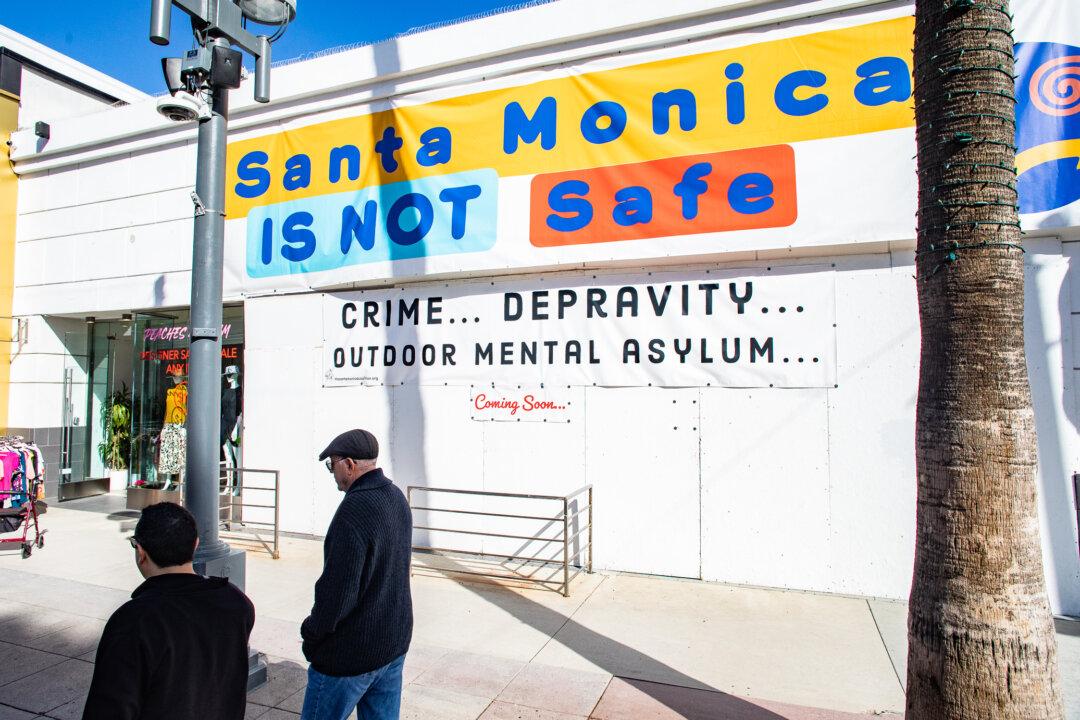Even though the topics weren’t on the Santa Monica City Council’s agenda, over a dozen Santa Monica residents addressed the council June 13 over their concerns regarding an increase in crime and homelessness that they said has left some fearful to walk the streets.
John Farzam, co-owner of the Shore Hotel—located on Pacific Coast Highway near the Santa Monica Pier—told city councilors that hotel owners are losing reservations because of the city’s growing homelessness problem.





